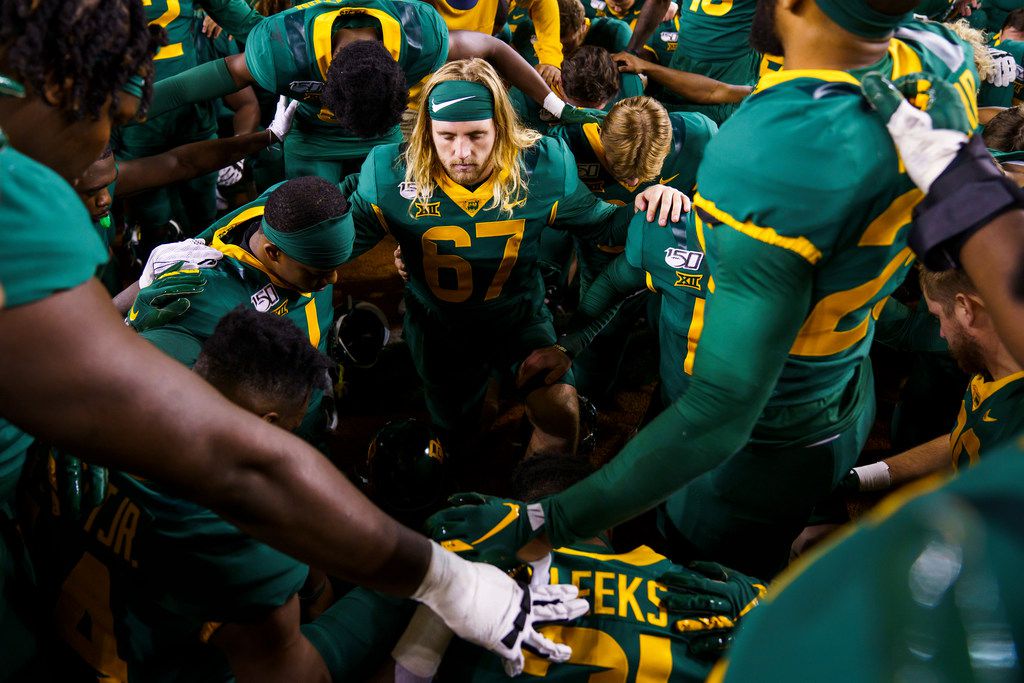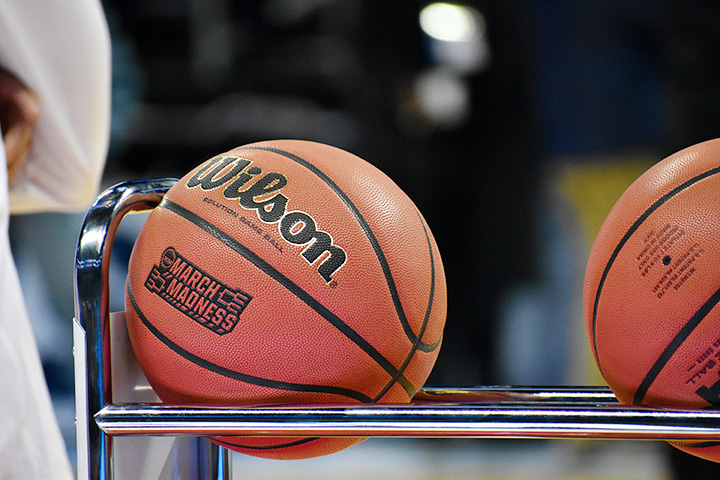Baylor Study Finds Student-Athletes Show Higher Levels of Religious Belief
The study, published in the Journal of College and Character, surveyed nearly 900 graduating seniors to track the effect of a Baylor education on character and faith
 A recent story from BaptistNews.com detailed the study’s findings and how it relates to other college campuses.
A recent story from BaptistNews.com detailed the study’s findings and how it relates to other college campuses.
Below is an excerpt from the BaptistNews.com story.
“Overall, we theorized that student-athletes would report lower levels of religious belief, behaviors, and identity than non-athletes. Somewhat surprisingly, these data did not support this line of theorizing because student-athletes reported higher religiosity in all three areas,” the research article explains.
The Baylor research team consisted of Audrey Chisum, Kevin Dougherty, Perry Glanzer, and Sara Schnitker. Allen, a doctoral student in sociology when the study was conducted, is now an assistant professor at Olivant Nazarene University in Illinois.
The study was launched in 2020 in part to supplement a dearth of scholarship into the spiritual lives of college athletes, much less at an NCAA Division I school whose athletes compete in a Power 5, or top-tier, athletic conference, the authors said.
“Athletics occupies an ambiguous place within the greater university mission, particularly at religious institutions. Intercollegiate sports programs may purport to reinforce the university’s aim to develop the whole person, but the nature of athletics can compromise student athlete religiosity and well-being,” the report says. “Little research has focused on the religiosity of student-athletes and the potential implications for religious institutions.”
The study was limited to Baylor students because “religious context matters,” the Nov. 22 research article explains. “At non-religious institutions where the overall student body is less religious, student-athletes might be expected to be more religious than non-athletes because religion can provide a sense of meaning and security that acts as a buffer against uncertainties and stressors like injuries or the strains of competition.
“Conversely, at religious institutions, higher levels of non-athlete student religiosity may be assumed. By their very nature, religious environments attract a more religious type of student. Thus, student-athletes at such institutions would not necessarily exhibit higher religiosity than non-athletes.”
To read the full story from BaptistNews.com about the Baylor study, click here.







